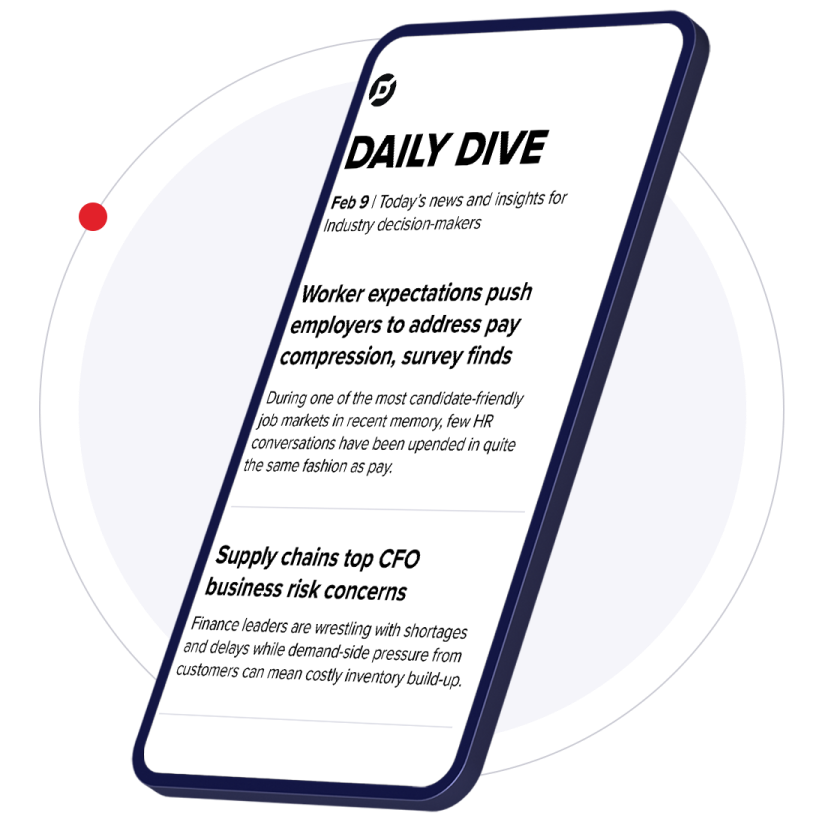CANNES, France — David Peterson, VP of marketing for Target Media Network, is watching Europe's recent implementation of tough data-protection rules and sees a potential silver lining if similar regulation hits the U.S., which he predicts will happen.
During a session hosted by Merkle at the Cannes Lions advertising festival, Peterson said Target has spent the last four years investing in getting data privacy right. That timeframe follows a highly publicized data breach in 2013 that caused the retailer to lose shoppers. The focus on data and privacy is one way Target hopes to rebuild trust with customers. Such trust is essential as the retailer now looks to responsibly monetize its data through, among other things, building and deploying marketing campaigns for brands — even some that aren't found on the shelf in its stores. However, selling customer data is not something Target does, Peterson insisted.
"Those who have already taken the steps to protect the data are going to have opportunity in the future because those who haven’t are going to fall off," the executive said.
"It comes down to trust," he said. "It is our relationship with our guests, it is our business. Even though we don't have an E.U. footprint, we believe it is coming to the U.S."
Listening to customers
After a couple of tough years marked by declining store traffic, Target started to rebound in 2017, in part because of a renewed focus on its customers, who the retailer calls "guests." While the bad years found the retailer more internally focused and doubling down on sales promotions, these days it is investing $7 billion back into the business to give customers what they are asking for, which includes more omnichannel experiences, new store formats and new private label brands that offer value and design. And sales trends are promising.
"Retailers that aren't listening to guests and aren't reinvesting are going to struggle," Peterson said.
Data from Target's CRM platform as well as shopper history and transactional data have been critical to informing Target's way forward by revealing how customers shop across channels and what brands they are embracing. Customer information also helps the retailer deliver more personalized marketing.
The company is also focused on leveraging its large customer base coupled with this data infrastructure to build an advertising network, giving brands a way to reach its customers.
Retailers as ad platforms
As more eyes are on digital content, retailers have an opportunity to sells ads to brands interested in reaching shoppers because they can provide valuable insight that is tough to get anywhere else because it is based on what customers have purchased. Amazon is quickly growing as an advertising platform and Walmart is also pursuing this approach.
For Target, its strategy includes an in-house programmatic platform called Target Media Network and campaign-building services based on identity, which stitch together all the ways that guests interact with the retailer; data on shopping behavior; experience and measurement. This information enables brands to reach specific Target guests for a product launch or promotion. In addition to brands who appear on Target's shelves, advertisers include brands in the travel and financial space.
The experience component focuses on delivering beyond simple display ads and leveraging a distribution marketplace that includes ads placed with premium publishers that land viewers on the appropriate page after they click.
With a reinforced data infrastructure in place, Target is optimistic about the future at a time when some marketers are nervous about how regulations like the EU's GDPR will impact their ability to connect with customers.
"We've built some great capabilities knowing that we really have great data," Peterson said.
















